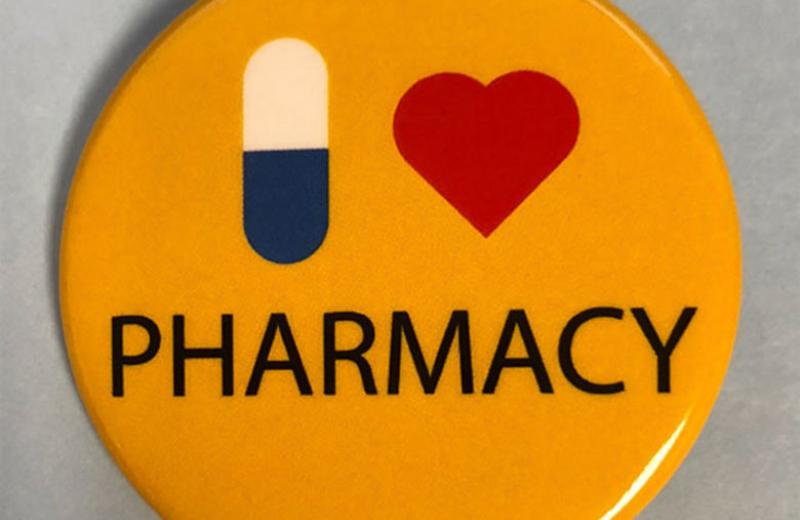March is Pharmacy Awareness Month, and as pharmacy residents at Northern Health, I and my colleague Jessica Manning wanted to let you know a little about the job that makes us excited to come to work each day.
What do we do?
Clinical pharmacists are drug experts involved in various areas of medication management, such as:
- Checking to make sure each drug is necessary, effective, and safe for each patient.
- We check to make sure patients are getting the right drug at the right dose at the right time.
- Patient age, weight, kidney and liver function, lab tests, drug interactions, allergies, and cost are just some of the things we look at to make sure a drug is right for a patient.
- Working with the healthcare team to make each patient’s drug regimen the best it can be:
- Recommending medication changes to the prescriber.
- Monitoring various medications and following up with medication changes.
- Making sure patients are getting all the medications they usually take at home and need in the hospital.
- Providing the team with detailed up-to-date drug information.
- Working with patients to make sure patients are engaged in managing their health by:
- Discussing their preferences to make sure each patient’s health goals are being met.
- Counselling patients on how to take their medications, how to know if medications are working for them, and how to manage side effects.
- Sometimes following up with patients who’ve been discharged from hospital, especially if there’s a complex medication plan (for example, for blood thinners or antibiotics, to name a few).
What does that mean for our patients?
Studies show that clinical pharmacists help:
- Reduce the time patients spend in hospital
- Improve patient health and chronic disease management
- Improve patient safety
- Reduce healthcare costs
My hospital pharmacist told me they’re a resident – what does that mean?
- A hospital pharmacy residency is a year-long program that some pharmacists choose to do after they’ve graduated from university.
- A resident is not required to be a hospital pharmacist, but it helps to build on clinical skills in a practical learning environment.
- Residents have many rotations on different wards and in different areas of practice throughout the year (e.g., surgery, emergency, pediatrics, intensive care, research).
- The program focuses on direct patient care, pharmacy operations, project management and personal aspects of pharmacy.
- The goal of the residency program is to better prepare pharmacists for challenging and innovative pharmacy practice in the hospital setting. After finishing the program, pharmacists become competent and independent clinical practitioners of pharmaceutical care in diverse patient populations.
- Pharmacy residents develop clinical, interprofessional, and leadership skills under the guidance of experienced preceptors.
- Northern Health’s pharmacy residency program is fully accredited, and graduates of the program receive their ACPR designation (Accredited Canadian Pharmacy Residency).
Happy Pharmacy Awareness Month!














Comments